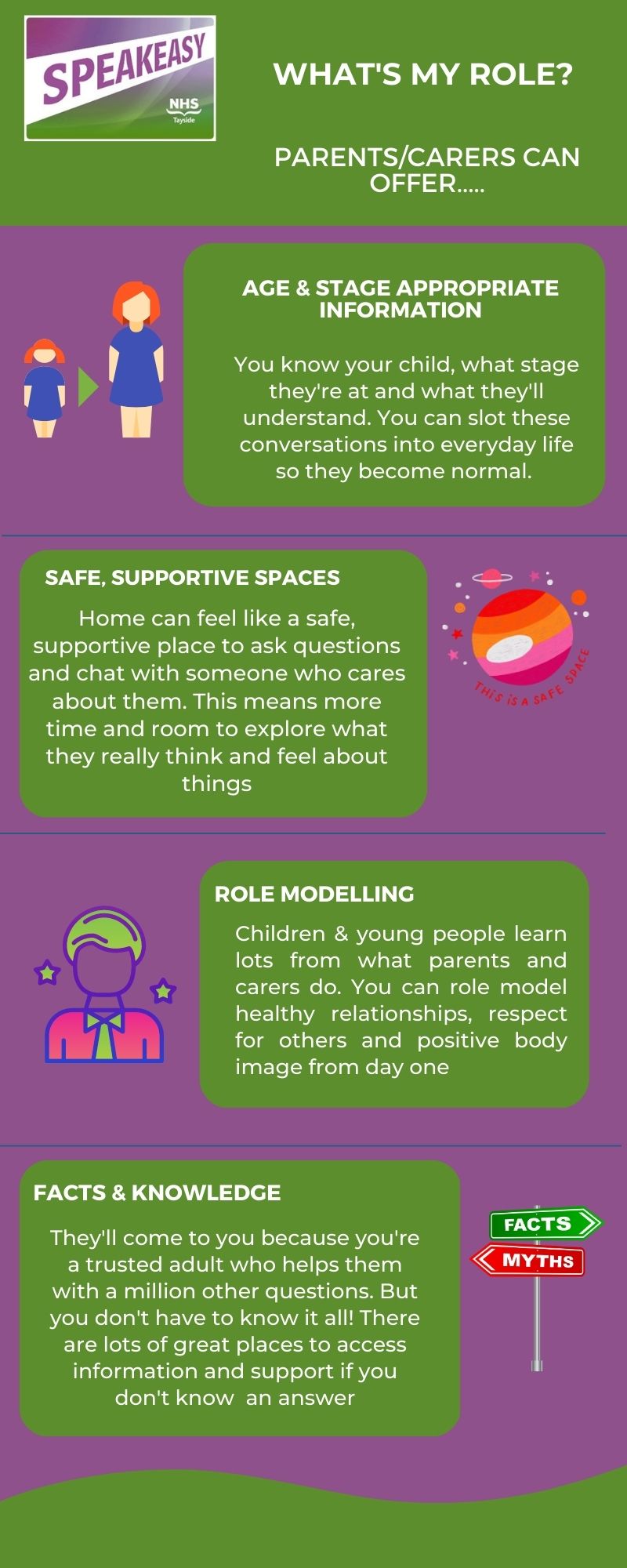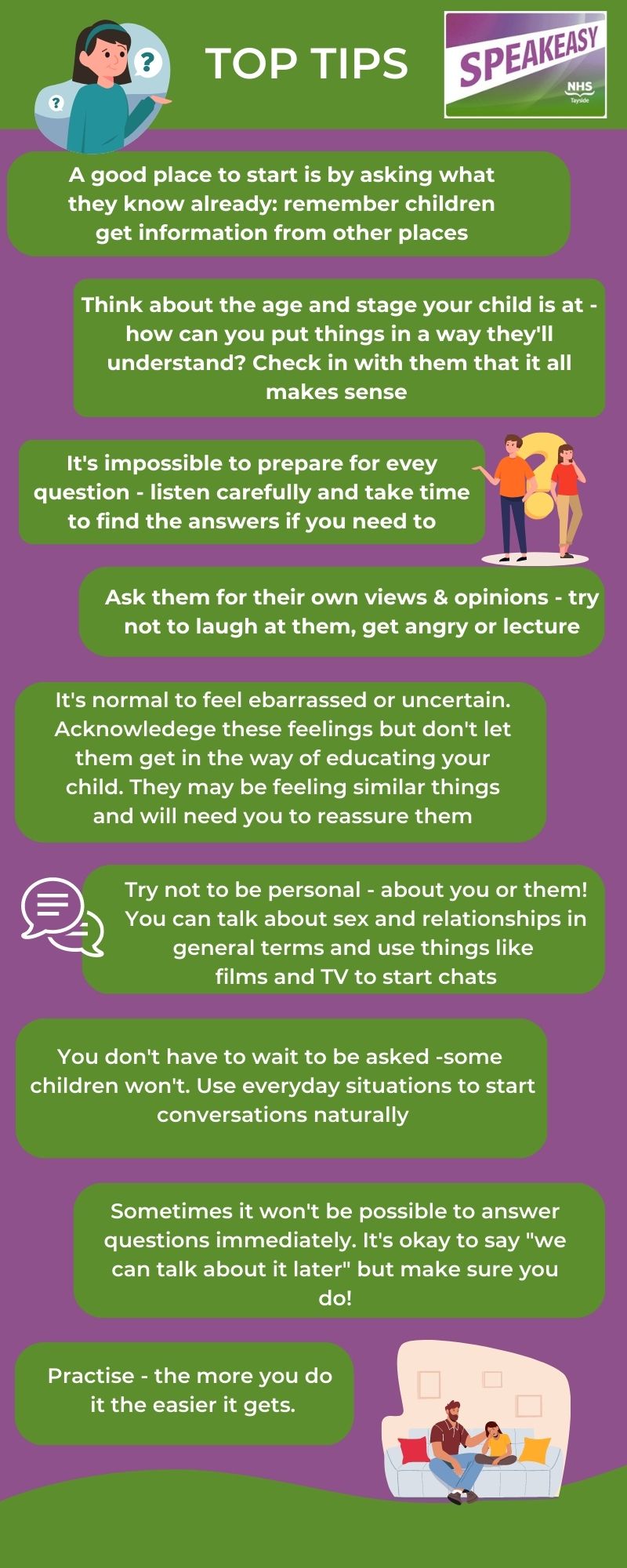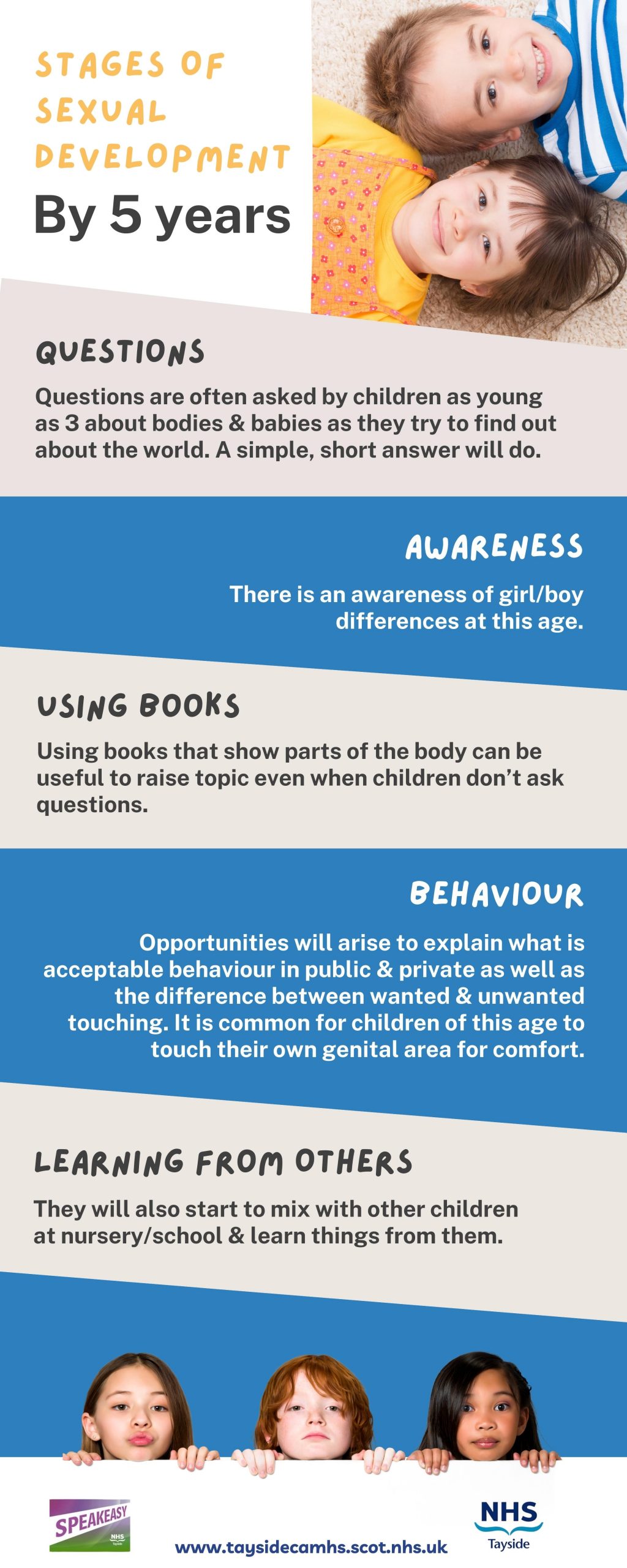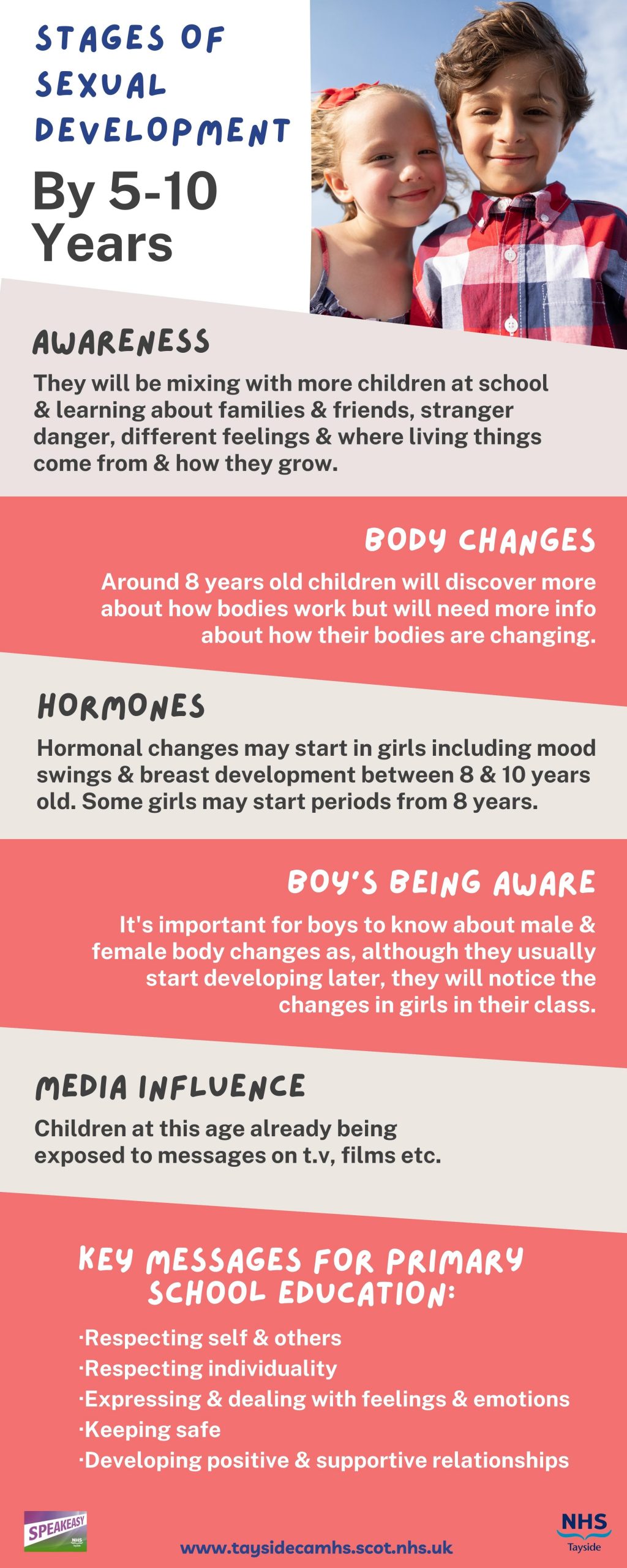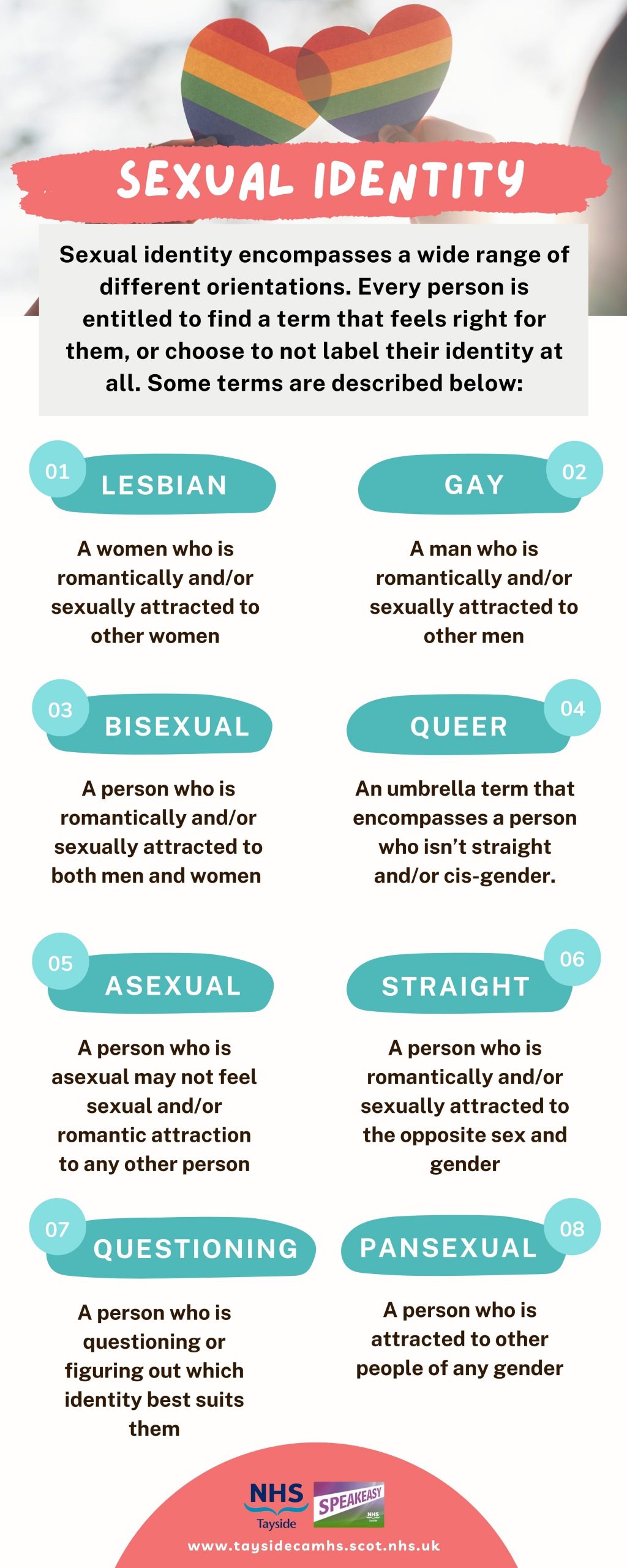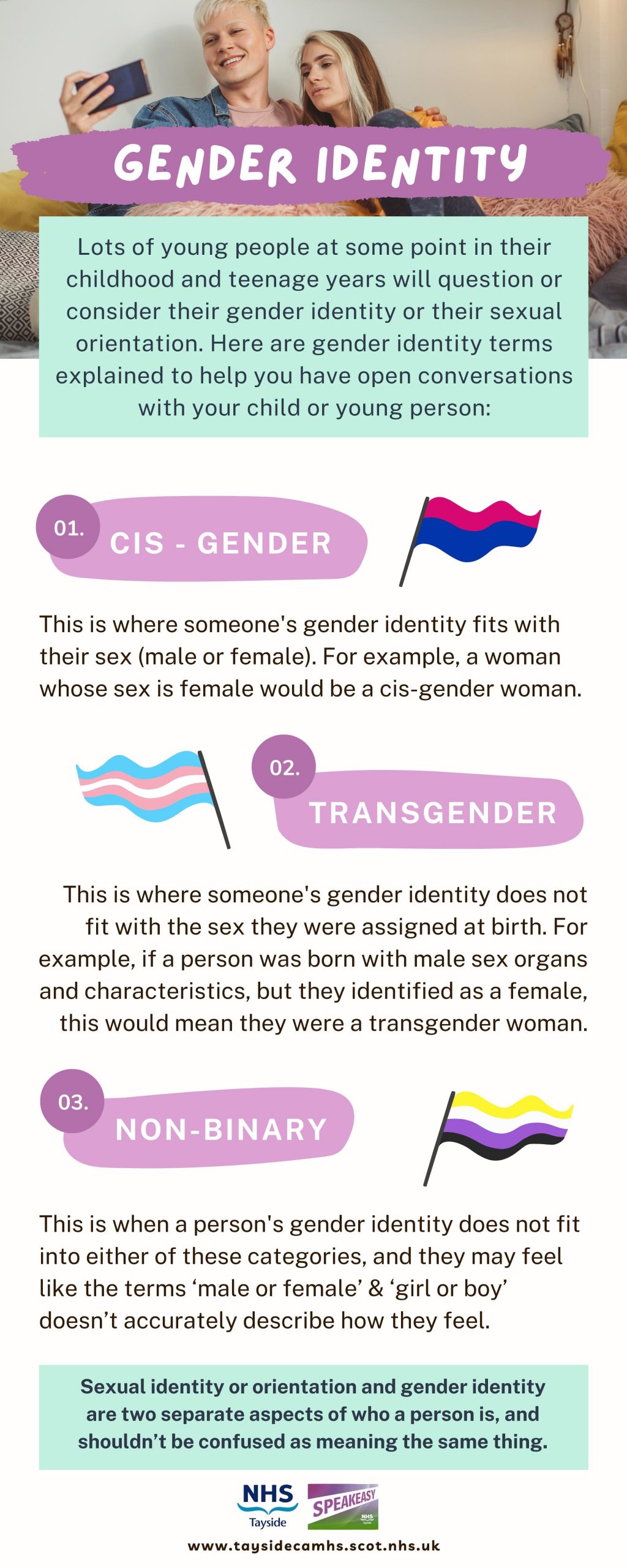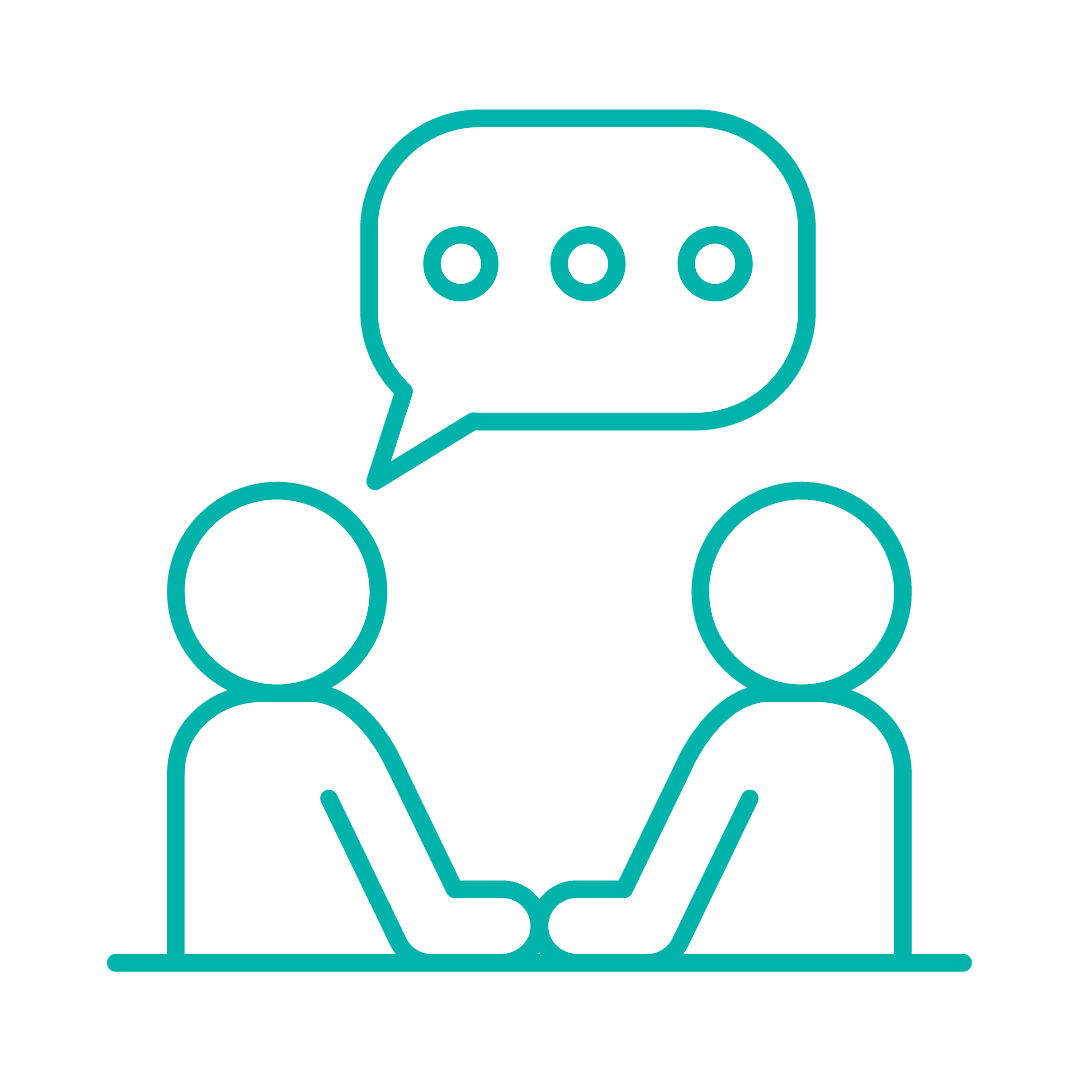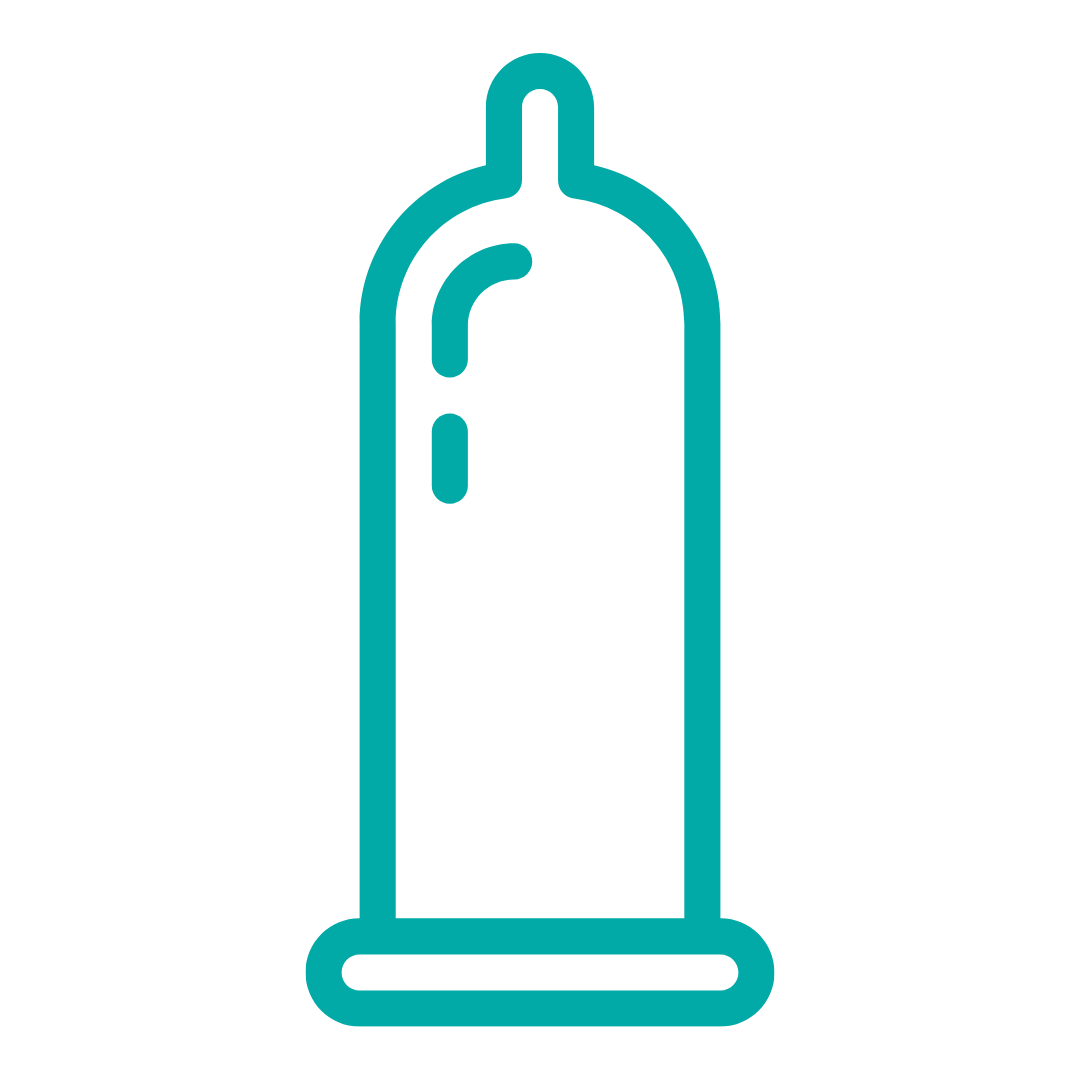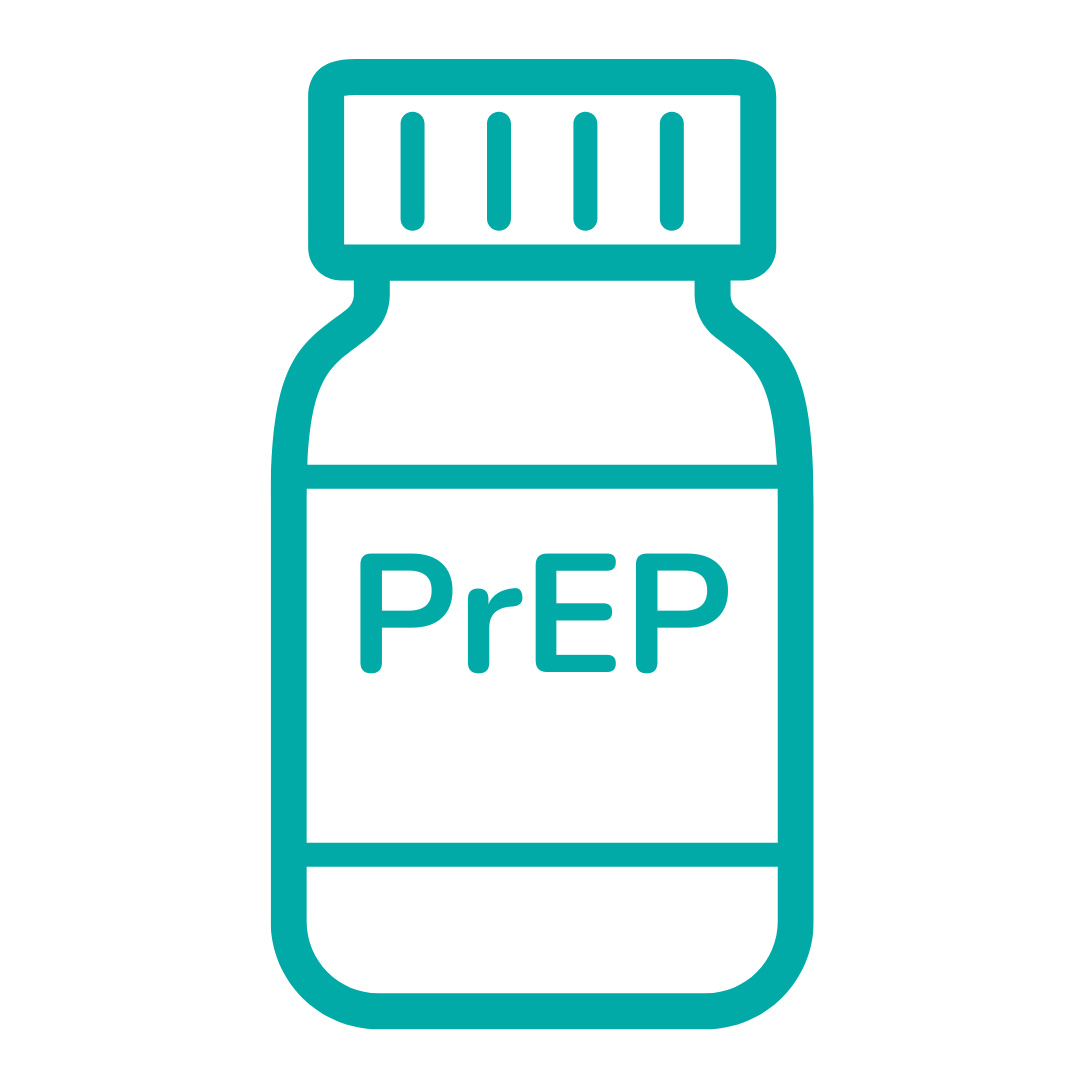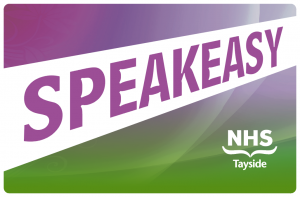
Speakeasy is a free course provided by trained facilitators which helps parents and carers of children of any age to tackle the difficult and often confusing issues of growing up, sex and relationships. The project provides information, resources and support to help parents/carers to confidently chat about these things at home.
Parents and carers take part in a group work programme where each session lasts 2 hours. They will also receive age appropriate resources to encourage discussions in the home and put learning into practise. Courses are delivered in various locations.
We cover lots of topics covering all age and stages of children and young people’s development.
If you would like to find out more about the Speakeasy project please contact Linzi McKerrecher (Speakeasy Co-ordinator) on linzi.mckerrecher@nhs.scot or on 07817 085977.
For more details on what we offer watch our video HERE or read our newsletter or report below:

